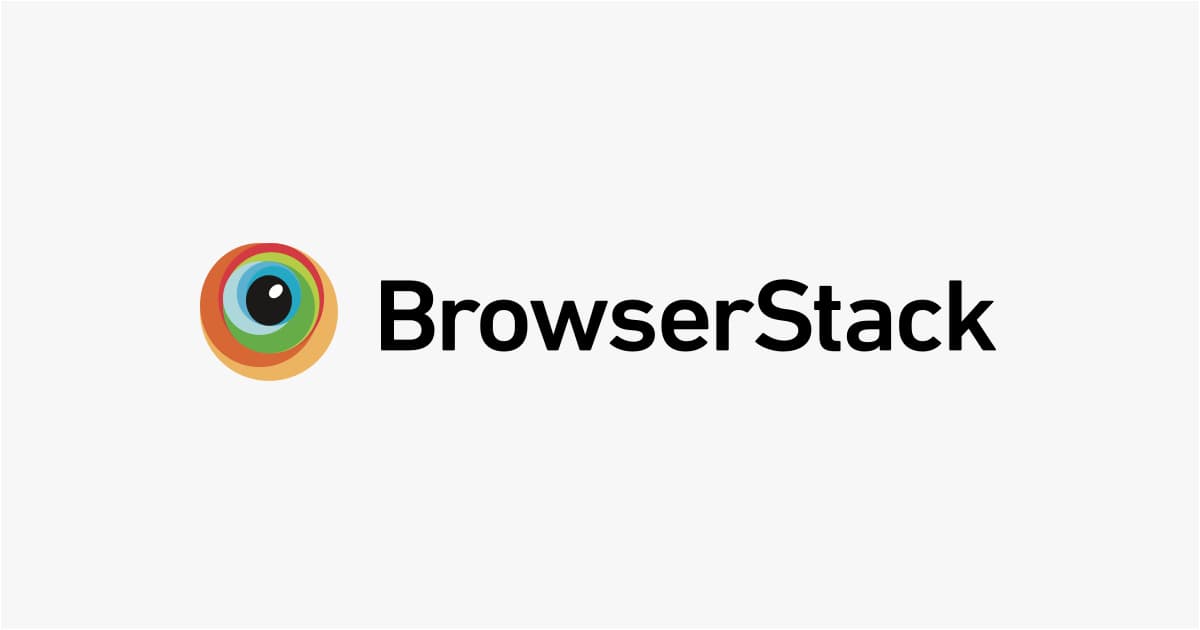
Navigating the Third-Party Cookie Landscape: A Comprehensive Guide
Third-party cookies have been a cornerstone of web advertising and personalization for years. However, growing privacy concerns are driving significant changes in how these cookies are handled. This article delves into the evolving landscape of third-party cookies, focusing on Google's Privacy Sandbox initiative and the tools and strategies available to prepare for a cookie-less future.
The Shift Away from Third-Party Cookies
The web is undergoing a significant transformation regarding user privacy. Third-party cookies, used to track users across different websites, are facing increasing scrutiny and restrictions. Major browsers, including Chrome, are phasing out support for these cookies to enhance user privacy.
This shift necessitates a proactive approach for website owners and developers to adapt their strategies and ensure continued functionality and effectiveness.
Understanding the Impact: Preparing for Chrome's Changes
Chrome's decision to limit third-party cookies has significant implications for websites that rely on them for advertising, analytics, and personalized experiences. To mitigate any negative impact, developers need to:
- Learn: Clearly understand the timeline and the specific changes Chrome is implementing. The Privacy Sandbox provides detailed information on these changes.
- Audit: Conduct a thorough audit of your website's cookie usage to identify any third-party cookies that require attention.
- Test: Simulate the browsing experience with third-party cookies blocked to identify potential breakages and areas that need modification.
Key Tools and Technologies for a Cookieless Future
The Privacy Sandbox introduces several alternatives to traditional third-party cookies, each designed to address specific use cases while prioritizing user privacy. Here are some essential technologies to explore:
- CHIPS (Cookies Having Independent Partitioned State): This new cookie attribute allows developers to opt-in to partitioned storage. This creates separate cookie jars per top-level site, enhancing privacy while still enabling specific functionalities. Explore CHIPS to learn more.
- Storage Access API: This API allows iframes to request storage access permissions when those permissions would otherwise be denied by browser settings. This is crucial for embedded content that relies on cookies for functionality.
- Related Website Sets (RWS): RWS provides a mechanism for companies to declare relationships among different websites they own. This enables limited third-party cookie access for specific, defined purposes within the set. Learn more about Related Website Sets.
- Federated Credential Management API (FedCM): FedCM is a web API designed for privacy-preserving identity federation. This allows users to sign in to websites without sharing their personal information with third-party trackers.
- Topics API: A Privacy Sandbox API aimed at enabling interest-based advertising without third-party cookies, by attributing website visits to a limited list of pre-defined topics.
Diving Deeper: Understanding Cookies and Their Attributes
To effectively navigate the changing landscape, a solid understanding of cookies is essential.
- What are Cookies? Cookies are small text files that websites store on a user's computer to remember information about them. They are crucial for various functionalities, from maintaining login sessions to tracking user preferences. (What are cookies?)
- Third-Party Cookies Explained: A third-party cookie comes from a domain different from the website a user is currently visiting. These cookies are often used for cross-site tracking and targeted advertising. (What are third-party cookies?)
- Cookie Attributes: Cookies can include attributes that control their behavior, such as their expiration date and the domains to which they are sent.
Practical Guides and Support
- Identity Guide: Find recommended solutions for sign-in scenarios in a post-third-party cookie world. (Identity guide)
- Embed Guide: Test embed-related journeys that rely on third-party cookies and select the appropriate privacy-preserving alternatives. (Embed guide)
Addressing Temporary Breakage: Grace Periods and Opt-Out Mechanisms
Recognizing that transitioning away from third-party cookies can be challenging, Chrome offers temporary exceptions:
- Grace Period: This provides sites experiencing breakage a limited time to migrate to alternative solutions.
- Grace Period Opt-Out: Sites can opt out of the grace period for a percentage of their users. This can be helpful for testing new solutions in a controlled environment.
Staying Informed
The transition away from third-party cookies is an ongoing process. Keeping up-to-date with the latest developments and tools is crucial.
- Third-Party Cookie Site Compatibility Lookup Tool: This tool from Chrome shows precisely how third-party cookie availability is affected by Chrome's grace period.
- Report Issues: If you encounter issues due to the blocking of third-party cookies, report them to help improve the available guidance and tools. (Report an issue)
By understanding the changes, utilizing the available tools, and embracing privacy-preserving alternatives, website owners and developers can navigate this transition successfully and build a more privacy-focused web.










